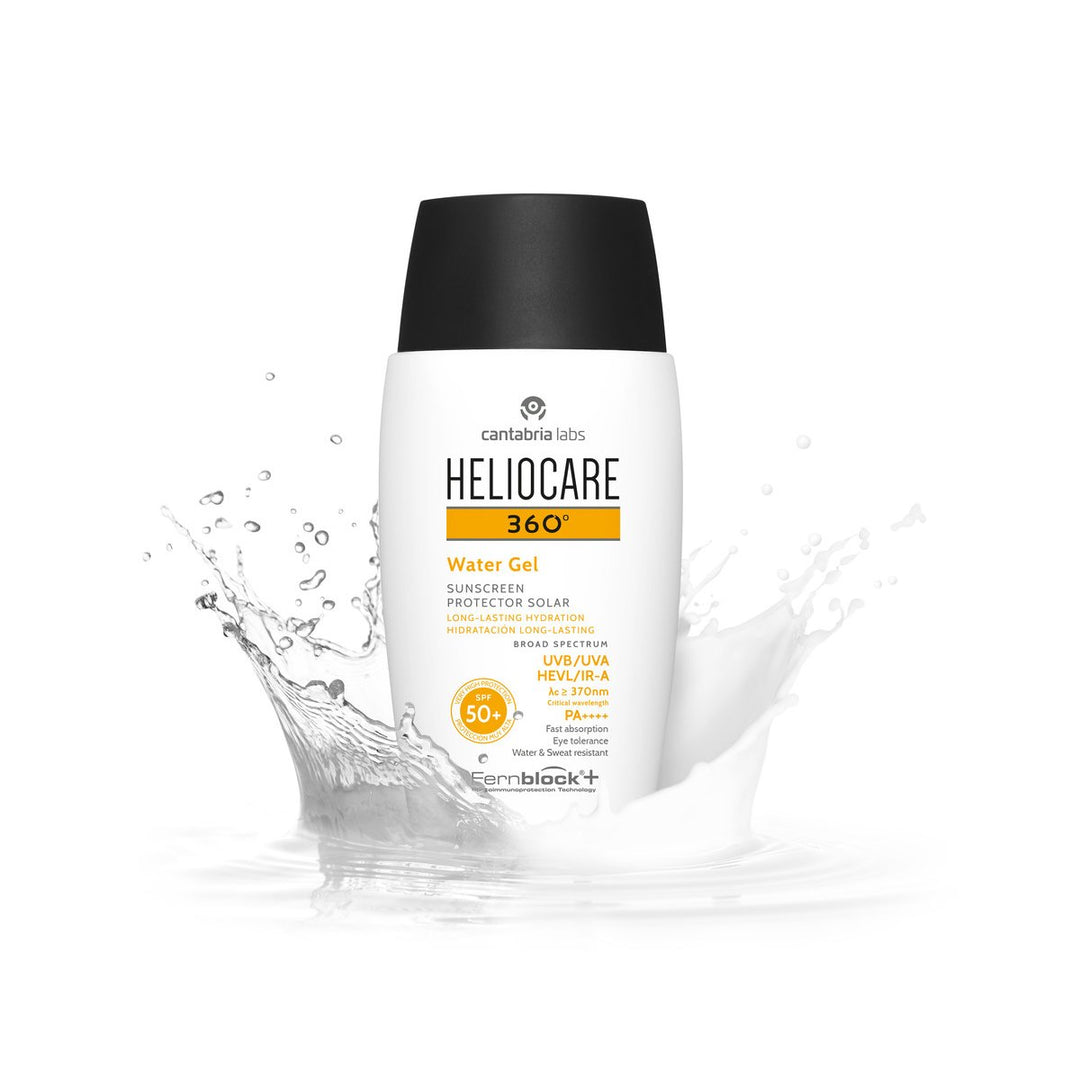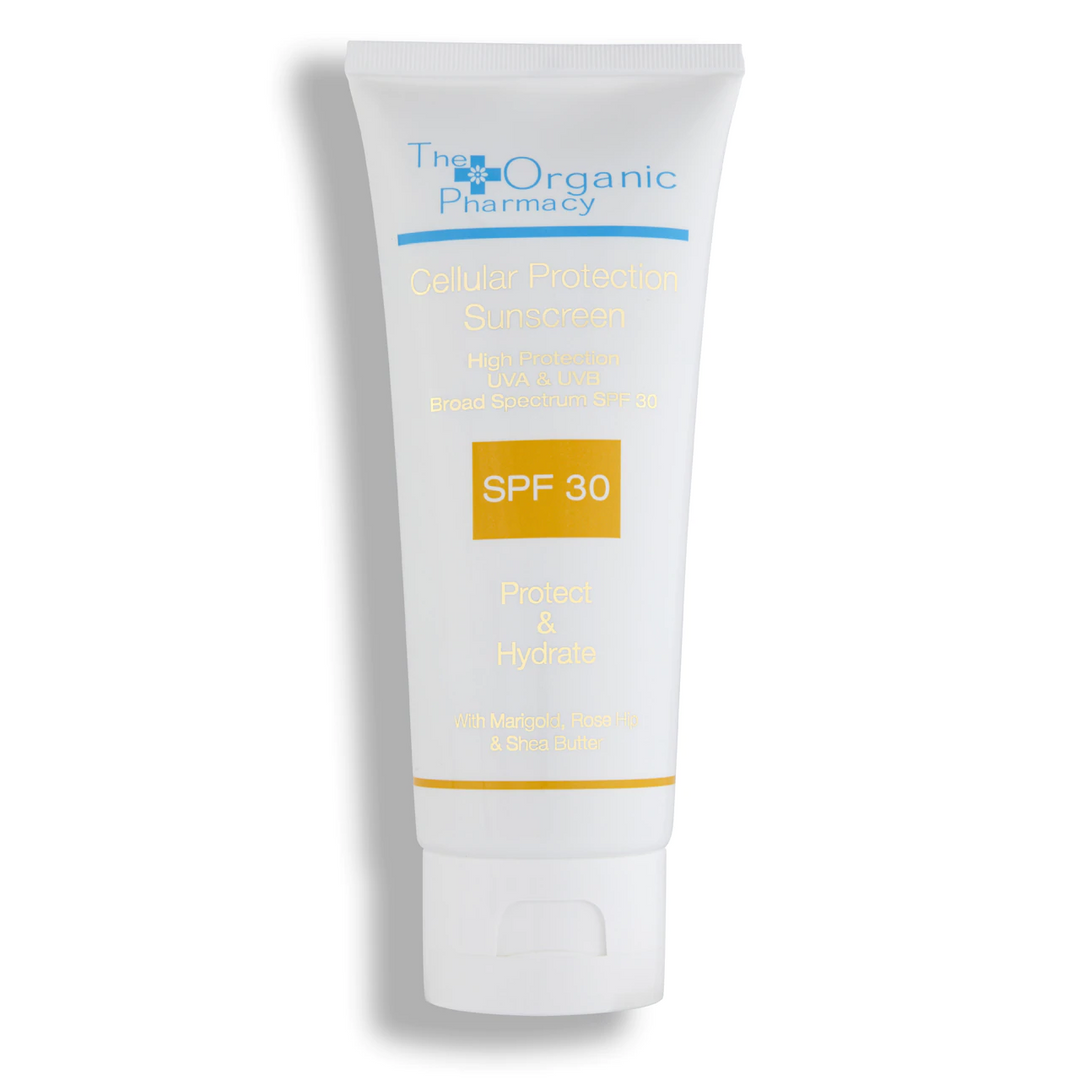They serve as a source of food, protect the climate and provide habitat: without the oceans, we could not survive.
Life began in the sea, but only ~5% of the world's oceans have been explored.
It is no coincidence that the Earth is called the "blue planet": 71% of the globe is made up of oceans. And although we distinguish between the Atlantic, Pacific, Indian and Arctic Oceans and the Southern Ocean, they are all connected by ocean currents and thus form a coherent, huge ecosystem. Its services include important tasks. For example, plant biomass is created underwater from sunlight and nutrients, which serves as a food source for all other species in the sea and, as a result, for us humans too.
Another marine ecosystem service is the formation of habitats: macroalgae, seagrass and corals create extensive underwater forests, underwater meadows and reefs that are home to a variety of snails, crabs, fish and other species.
SOS for Climate Protection
The climate is determined by the interaction between the atmosphere and the ocean: water stores heat much better than air, so oceans have a temperature-balancing effect. The seas also absorb CO₂ and have thus counteracted climate change so far.
“First aid for the world’s oceans: save CO2 and plastic.”
For the oceans to continue to do this, we must take drastic measures to combat increasing warming, ocean acidification and overfishing, and get sea level rise under control.
In need of protection:
Coral reefs are the largest structures created by living things on earth and provide a home for more plant and animal species than any other habitat. However, the increasing acidification of the oceans - too much CO₂ in the atmosphere changes the pH value of the water - is putting corals at increasing risk. Our sunscreens are also causing problems for them, or more specifically, harmful ingredients such as octinoxate and oxybenzone, which are now banned in Hawaii.
So whether we go on holiday in the mountains, on a bike or by the sea should be a deciding factor in our choice of sun protection.











